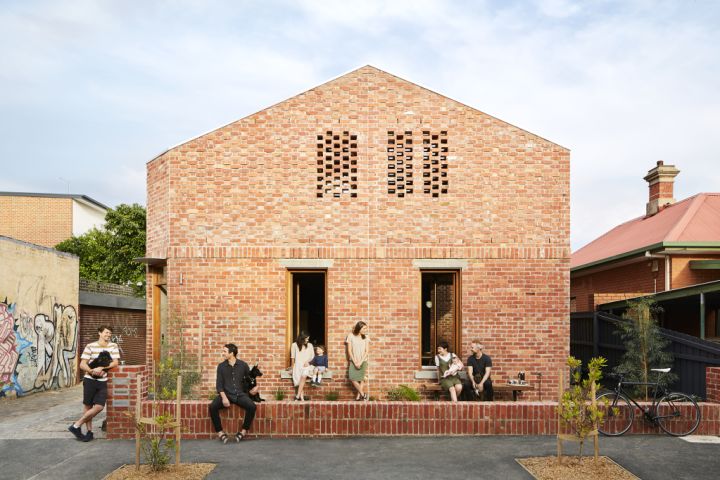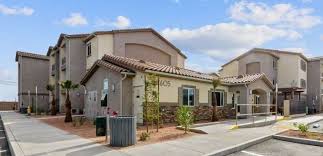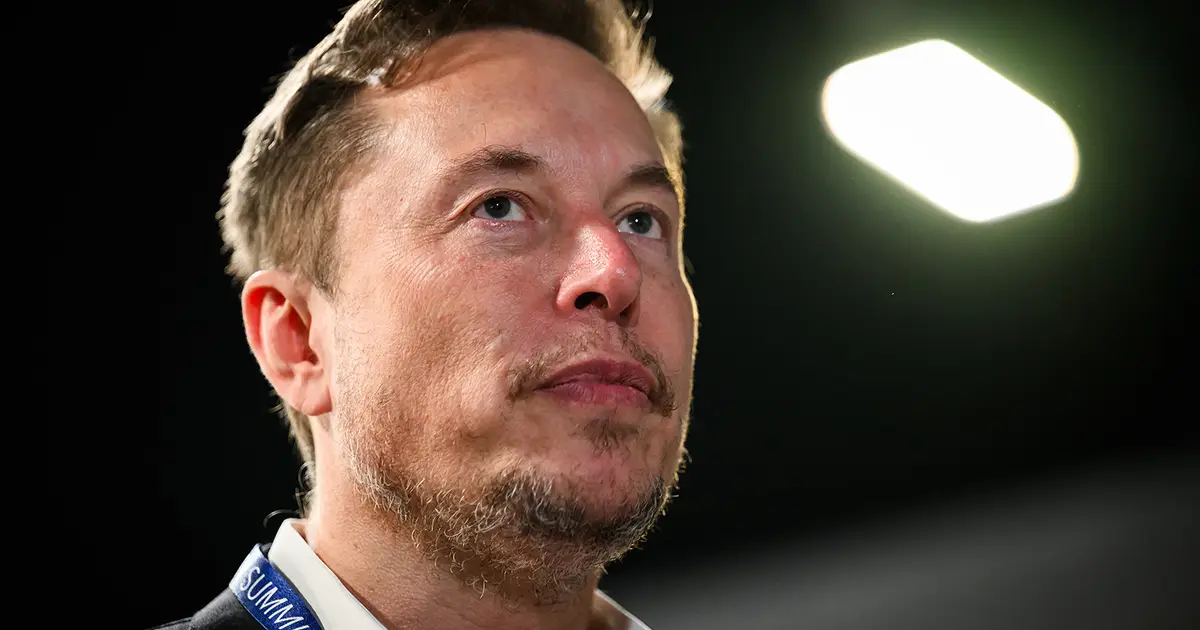He’s pledged $15 million for sustainable housing to help those in need!

Elon Musk Has Done It Again! He’s Pledged $15 Million for Sustainable Housing to Help Those in Need!
Elon Musk, the billionaire entrepreneur known for his revolutionary innovations in electric vehicles, space exploration, and renewable energy, is once again using his resources to tackle a major global challenge. This time, Musk has pledged an astounding $15 million toward sustainable housing projects aimed at helping those in need. In a world grappling with an ever-growing housing crisis and environmental degradation, Musk’s donation represents a groundbreaking effort to merge affordability, sustainability, and social responsibility. This article explores the details of Musk’s $15 million pledge, its potential impact, and how it could reshape the future of housing for vulnerable communities.
The Global Housing Crisis: A Critical Issue
Affordable housing is one of the most pressing issues facing the world today. Millions of people, particularly in urban centers, struggle to find stable, affordable homes. In cities across the globe, housing prices are rising at rates far beyond the reach of low- and middle-income families. Many people are forced into overcrowded, substandard conditions or even face homelessness. In developed countries, issues like gentrification and rising property values have pushed working-class families out of central urban areas, while in developing nations, rapid urbanization and limited resources have left millions living in slums and informal settlements.
The challenges of housing are compounded by the ongoing climate crisis. The construction and maintenance of traditional housing contribute significantly to carbon emissions, resource depletion, and environmental degradation. With the world’s population projected to continue growing, the demand for housing will only increase, making it critical to find sustainable solutions that address both the need for affordable living spaces and the urgency of climate action.
Elon Musk’s $15 million donation aims to address these dual challenges by investing in sustainable housing initiatives that are both environmentally responsible and accessible to those who need them most.
Musk’s $15 Million Pledge: A New Approach to Sustainable Housing
Musk’s $15 million pledge will be directed toward the construction and development of affordable, eco-friendly homes for low-income families and individuals. The goal is not just to build houses, but to create sustainable, resilient communities that are both environmentally responsible and economically accessible. The initiative reflects Musk’s commitment to sustainable living and aligns with his broader mission to accelerate the transition to a more sustainable future.
Here are some of the key components of Musk’s $15 million housing initiative:
-
Affordable, Sustainable Housing: The core of Musk’s pledge is the construction of affordable housing units designed with sustainability at the forefront. These homes will be built using environmentally friendly materials and energy-efficient designs, ensuring that they are both affordable to build and affordable to maintain. The homes will feature solar panels, efficient insulation, and other energy-saving technologies, reducing utility costs for residents and minimizing their environmental impact.
-
Integration of Renewable Energy: True to Musk’s passion for renewable energy, the homes will be designed to integrate renewable energy solutions, such as solar power, to ensure that they are energy-independent and eco-friendly. By incorporating solar panels and other green technologies, the homes will be able to generate their own energy, reducing residents’ reliance on the grid and making them more resilient to power outages or energy price fluctuations.
-
Community-Centered Development: Musk’s housing initiative will focus on creating entire communities, not just individual homes. The development will include essential services such as schools, healthcare facilities, and community centers, ensuring that residents have access to the resources they need to thrive. By creating a holistic, community-centered environment, Musk aims to provide not just shelter, but a foundation for long-term well-being and success.
-
Job Creation and Economic Mobility: The housing development will create local jobs in construction, technology, and renewable energy sectors, providing employment opportunities for people in the surrounding area. These jobs will help boost local economies and provide residents with opportunities for upward mobility. Musk’s initiative will help ensure that the benefits of affordable, sustainable housing extend beyond just the residents of the homes, but to the wider community as well.
-
Scalability and Replicability: Musk’s vision is not limited to a single development. The goal is to create a model for sustainable housing that can be scaled and replicated in cities and regions around the world. By creating a blueprint for eco-friendly, affordable homes, Musk hopes to inspire governments, developers, and other philanthropists to follow suit, helping to address the global housing crisis and the urgent need for sustainable solutions.

The Potential Impact of Musk’s Investment
Musk’s $15 million pledge has the potential to make a profound impact on the communities it serves. For low-income families struggling to afford housing, the opportunity to move into a sustainable, energy-efficient home will provide more than just shelter—it will offer stability, security, and a better quality of life.
-
Improved Living Conditions: Many low-income families live in substandard housing with inadequate heating, poor insulation, and high energy bills. Musk’s sustainable homes will provide families with modern, energy-efficient housing that is not only more comfortable but also more affordable to maintain. By reducing energy costs and improving living conditions, Musk’s initiative will have a direct and positive impact on the health and well-being of residents.
-
Environmental Benefits: The environmental impact of Musk’s investment will be significant. By building homes with renewable energy sources and energy-efficient designs, Musk is reducing the carbon footprint of the housing sector. This initiative will demonstrate how affordable housing can be built in an environmentally responsible way, setting a precedent for future developments that prioritize both people and the planet.
-
Economic Stability: Stable, affordable housing is a key factor in promoting economic mobility. For families who have been forced to live in overcrowded or insecure conditions, moving into a safe, affordable home will provide the foundation needed to improve their financial situation. With lower utility bills, a stable living situation, and access to education and healthcare, residents will be better equipped to pursue job opportunities and achieve long-term economic stability.
-
Empowerment Through Community: The emphasis on community-centered development will help foster a sense of belonging and social support among residents. With access to shared spaces, educational resources, and job opportunities, individuals and families will be empowered to take control of their futures. Musk’s focus on creating a supportive environment will help combat the isolation and insecurity that many low-income individuals face, offering them the tools they need to build a better life.
The Broader Implications for Sustainable Housing
Musk’s $15 million commitment to sustainable housing has the potential to reshape the future of housing development. By combining affordability with sustainability, Musk is showing that it is possible to build homes that are both eco-friendly and accessible to low-income families. This approach could inspire other developers, governments, and organizations to adopt similar models, leading to a shift in how housing is built around the world.
As global populations continue to grow and the effects of climate change become more pronounced, the need for sustainable, energy-efficient housing will only increase. Musk’s initiative could serve as a model for how the housing industry can evolve to meet the challenges of the future. By demonstrating that sustainable housing can be both affordable and scalable, Musk is helping to pave the way for a more sustainable and equitable housing system.
Challenges and Considerations
While Musk’s $15 million pledge is a significant step forward, the initiative is not without challenges. Building affordable housing at scale requires navigating complex zoning laws, securing additional funding, and overcoming political and regulatory hurdles. Furthermore, ensuring that the homes are accessible to the most vulnerable populations will require careful planning and collaboration with local governments and community organizations.
Musk’s model of sustainable housing also raises questions about affordability. While the homes will be priced lower than market rates, the long-term affordability of these homes will depend on factors like local land costs, construction expenses, and the ability to scale the project. Additionally, while Musk’s approach is innovative, it will need to be tested and refined to ensure that it meets the diverse needs of low-income families across different regions.
Conclusion
Elon Musk’s $15 million pledge to sustainable housing for those in need is a game-changing initiative that addresses two of the most pressing issues of our time—affordable housing and climate change. By focusing on energy-efficient, eco-friendly homes that are accessible to low-income families, Musk is providing a model for how the housing sector can evolve to meet the challenges of the future. The potential impact of this project is profound, offering not only stable housing but also improved living conditions, economic mobility, and environmental sustainability. Musk’s initiative demonstrates how innovative thinking, combined with financial resources, can provide real solutions to global social and environmental challenges. If successful, this project could serve as a blueprint for future sustainable housing developments, helping to ensure that everyone has access to safe, affordable, and environmentally responsible homes.










